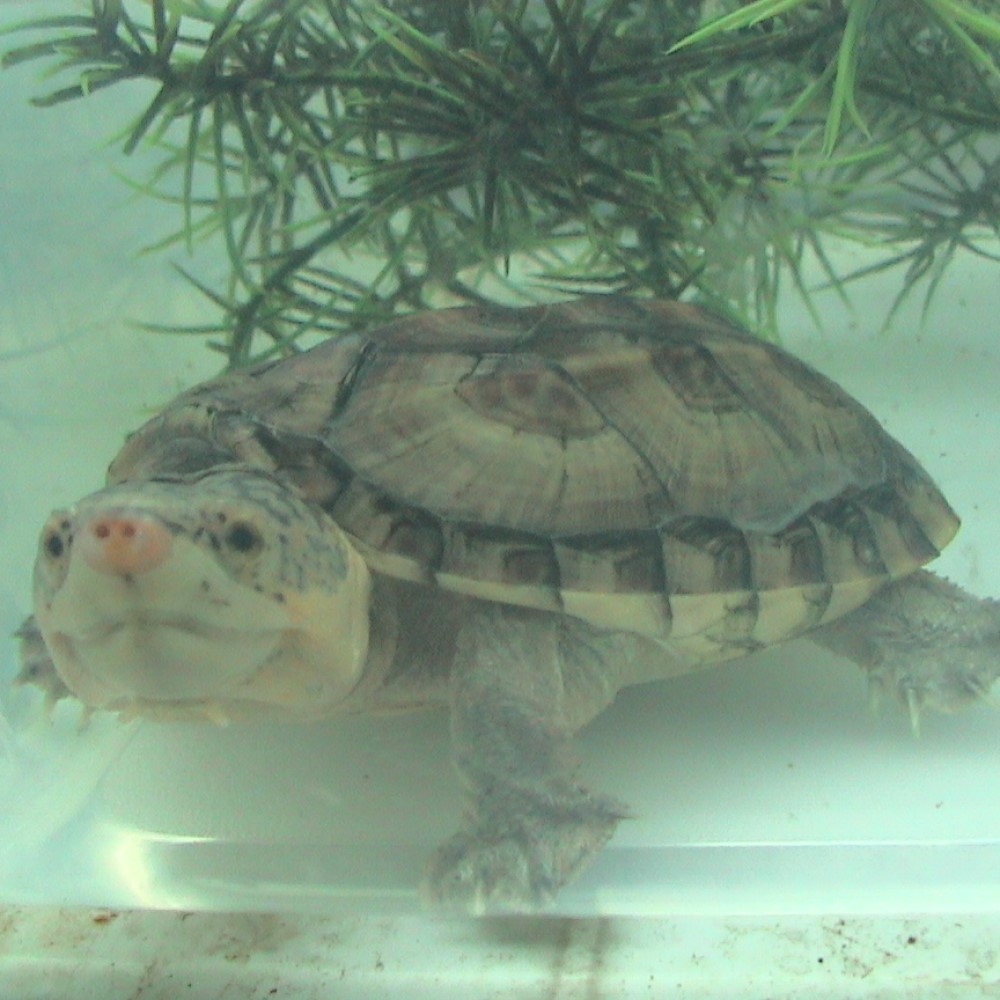
Researchers discovered unique genome folding in turtles
On Nov. 11, 2024, a team of researchers led by Iowa State University (ISU) have shown that as cells divide and replicate, DNA strands coiled around proteins – chromatin – are in tightly bundled chromosomes. After division, the chromosomes loosen and chromatin is less compact. How and where the chromatin fiber folds and loops onto itself affects what genes are activated. Their findings offer new insight into this process that may have potential biomedical uses.
By analyzing how often different parts of DNA molecules contact each other, scientists have modeled the varying physical configurations of the chromatin in humans and many commonly researched animals, including mice and birds, and now turtles.
The researchers described their study of the genomes of two species of turtles, which showed a surprising chromatin arrangement that hasn’t been observed in other organisms. The study was published in Genome Research.
Tags:
Source: Iowa State University
Credit:
